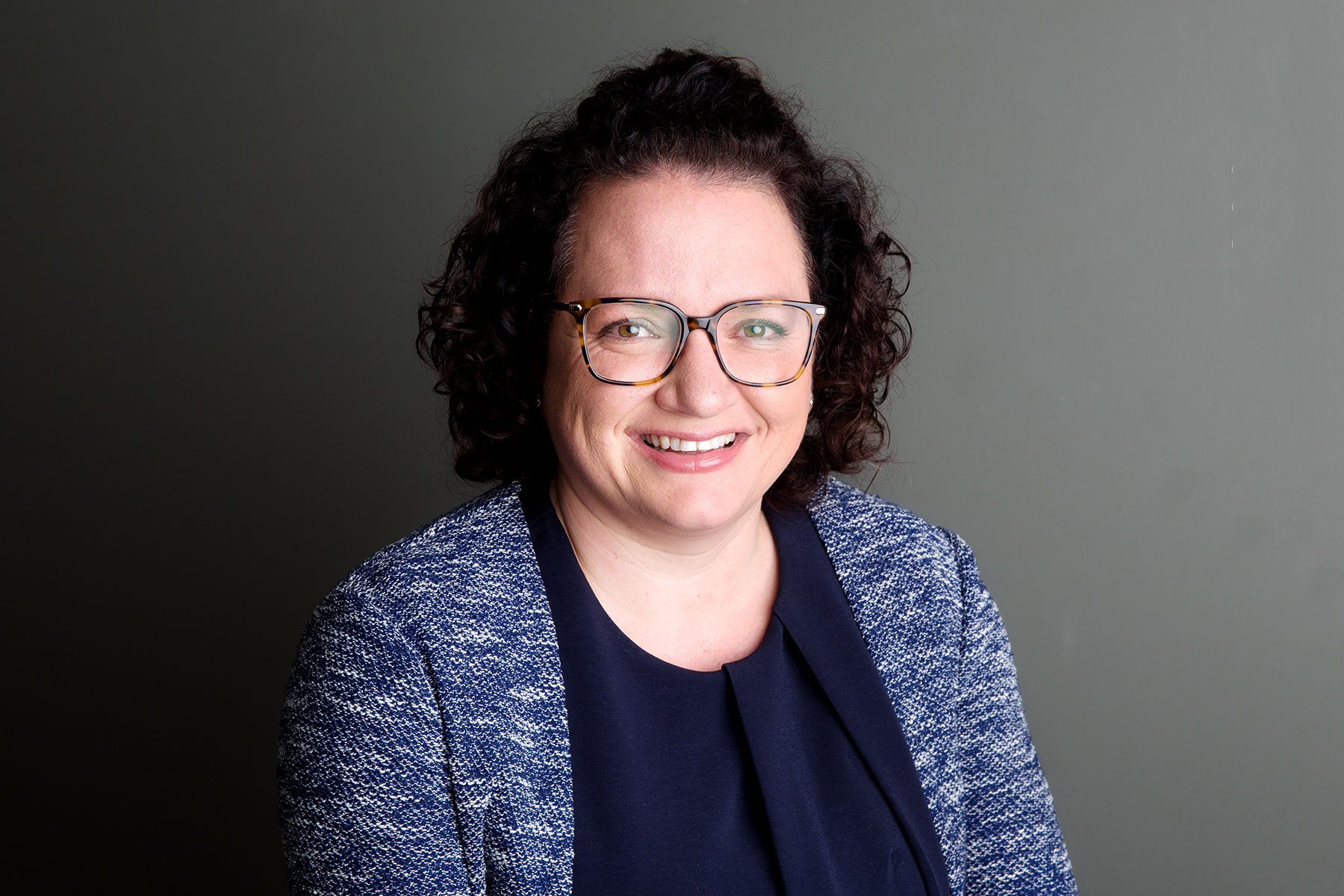Mother Country: UK Birth Rates And Bother
Published on 25 August, 2023 | Emma Hubbard

According to an old African proverb, “it takes a village to raise a child”.
A glance at new figures published by the Office for National Statistics (ONS) shows that large parts not just of one village but the entire world are making their own telling contribution to the British population.
Just under one-third of all births in England and Wales during 2022 were to mothers who themselves had not been born in the UK (https://www.ons.gov.uk/peoplepopulationandcommunity/birthsdeathsandmarriages/livebirths/bulletins/parentscountryofbirthenglandandwales/2022#country-of-birth-of-non-uk-born-mothers-and-non-uk-born-fathers).
This is the highest proportion since records began and provides further proof – were it really needed – that the UK is now very much a cosmopolitan place in which to start a family.
Given the continuing civil, commercial and political ramifications of Brexit, we should perhaps not be totally surprised that the pattern is fuelled not by women counting one of the European Union member states as home.
The number of births to EU mothers have, in fact, reduced by 19 per cent since 2016 – the year of the referendum vote on withdrawal.
Instead, last year saw a 7.3 per cent increase in the number of children born to women from outside the EU, with India topping the list of countries represented.
It isn’t just women born overseas who are making their mark on the UK’s maternity statistics. A fraction under 36 per cent of all births featured neither fathers nor mothers who were born here.
The influence of foreign-born parents on the UK comes against the backdrop of an overall decrease in the country’s birth rate.
Last year and including those with non-UK mothers, 605,479 children were born in England and Wales (https://www.ons.gov.uk/peoplepopulationandcommunity/birthsdeathsandmarriages/livebirths/bulletins/birthsummarytablesenglandandwales/2022).
That marks a fall of three per cent on the previous year, a tally which was arguably significant in its own way, coming as it did after lockdown.
A near two per cent rise in pregnancies during 2021 which might have been the result of circumstances and enforced proximity rather than planned parenthood has given way to couples with other priorities.
We have returned to the overall decline as people balance the practicality of having babies against the economic necessity of building careers to meet a rise in the cost of living and – if they’re able – take their places on the housing ladder.
Such a reduction makes the number of births involving parents with home countries and families of their own which are sometimes quite far away even more pronounced.
I should point that the birth statistics should be more than of casual interest.
That is especially true for someone like myself who, as a family lawyer, frequently has to deal with the consequences of relationships between parents with different nationalities breaking apart.
Whenever that happens, the complications of a separation can be exacerbated by the non-UK-born individual wanting to return home.
The prospect of losing close contact with a child can naturally create tensions for UK-based parents which register in the caseload handled by the family courts.
A challenge to any attempt to take a child out of the country is usually dealt with by something known as a Prohibited Steps Order – literally prohibiting one parent taking the child abroad against the other’s objections.
A look at the latest data shows that there were 12,881 applications for Prohibited Steps Orders during the course of last year – up one-quarter in the last five years alone and the highest number ever recorded (https://www.gov.uk/government/statistics/family-court-statistics-quarterly-january-to-march-2023/family-court-statistics-quarterly-january-to-march-2023).
Trying to resolve these differences of parental opinion is not necessarily a swift process. Ministry of Justice figures show that private law cases involving children which were concluded during the first three months of this year had taken an average of 47 weeks to do so – four weeks longer than in the corresponding period in 2021.
Delays can compound frictions at the heart of a dispute, which is why many couples now opt for Alternative Dispute Resolution (ADR), such as mediation or arbitration, to explore possible outcomes in a more amicable, cost-effective and timely fashion.
The fact that so many individuals from overseas choose to make their home in UK demonstrates confidence in this country.
Life also requires people to be pragmatic and find a way to deal with the challenges which come our way.
This is essential wherever we come from or end up – something which, it could be argued, is a particular responsibility for a parent.